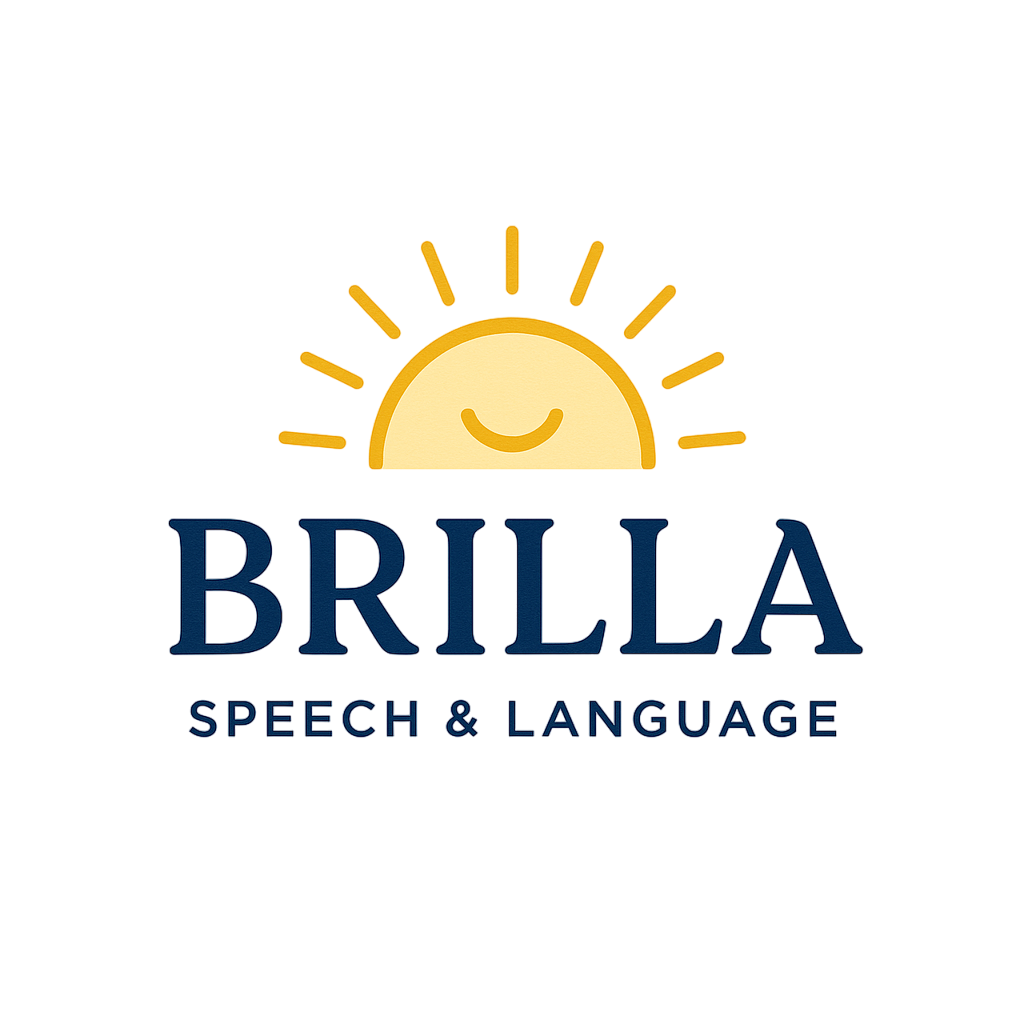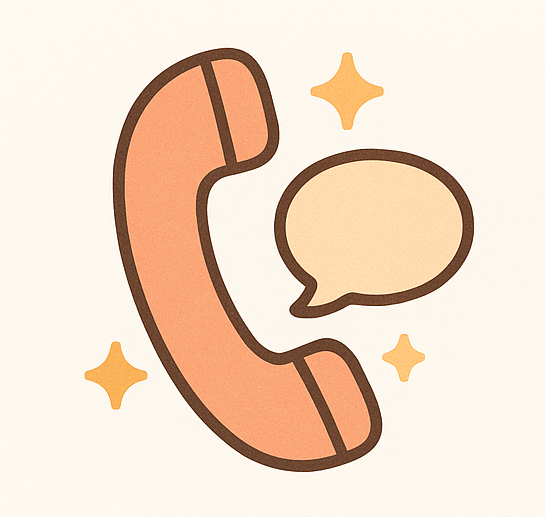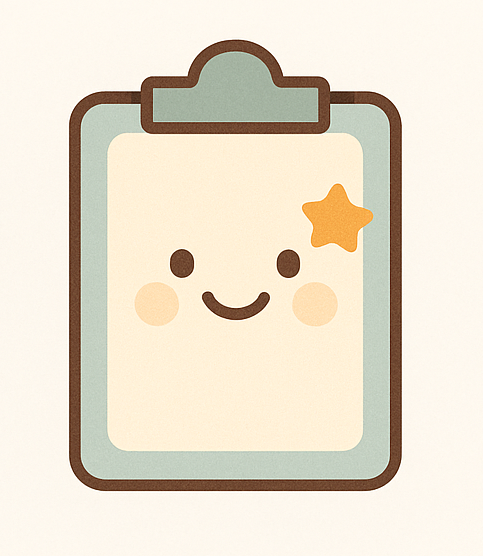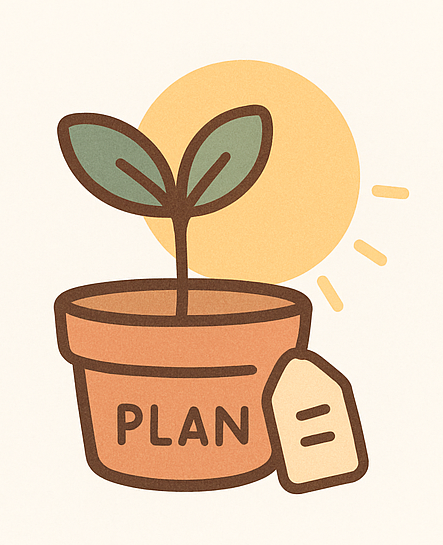Brilla Speech & Language provides personalized speech therapy for toddlers, preschoolers, and early school-age children (18 months old to 8 years old). We support children at all stages of language development, including both analytic and gestalt language processors. Our approach is play-based, connection-driven, and tailored to meet the individual needs of each child.
Services are primarily provided in clinic. Mobile services to daycares, ABA centers, and schools are on a case-by-case basis.
*If your child is slightly older, feel free to contact us - we are happy to discuss whether our services may still be the right fit.
Comprehensive Services in the following areas:
-
Language refers to how an individual understands and uses language. Children who may have a language disorder might present with limited vocabulary, trouble forming sentences, difficulty following directions, or difficulty telling stories. Language therapy focuses on building both receptive and expressive language, depending on the individual’s needs.
-
Speech sound disorders happen when a child has trouble saying certain sounds or words clearly. This might look like a child leaving out sounds, substituting sounds, or speaking in a way that is hard to understand. Sometimes, the difficulty lies in how the child uses patterns of sounds - this is called a phonological disorder.
Every child develops speech at their own pace, but when speech isn’t clear, it can affect confidence, learning, and connection with others. Articulation therapy focuses on improving speech sound production using fun and engaging activities.
-
AAC includes all the ways someone can communicate when speech/language is limited or not yet developed. This might include picture boards, communication books, or speech-generating devices like tablets with voice output. A key part of our AAC approach is language modeling/coaching through AAC. That means we use AAC while we talk and play. We collaborate with families to make AAC part of everyday routines, empowering each child to find their voice.
-
Late talkers are children who are learning to use words later than expected. Every child develops at their own pace, but there are some common signs that may suggest your child could benefit from extra support. These include limited vocabulary, few or no word combinations (like “more juice” or “mommy milk”), frustration when communicating, and/or limited use of gestures.
Our play-based, child-led approach is designed to make communication fun, natural, and meaningful. We focus on building strong foundations for langugae by following your child’s interests, modeling rich vocabulary, and coaching families on how to encourage communication throughout daily routines.
-
We are PROUD to offer bilingual speech therapy services in both English and Spanish. We believe that every child’s languages are an important part of who they are, and we honor both languages in our assessment and therapy approach. We support families raising bilingual children, whether they are developing typically or experiencing communication challenges. Our goal is to build strong communication skills while respecting cultural identity and family goals.
-
Some children learn in chunks or “scripts” instead of starting with with single words - this is Gestalt Language Processing (GLP). Children may repeat entire phrases they' have heard from favorite shows, songs, or people in their lives.
GLPs often communicate using echolalia (to repeat words or phrases). This is a natural and important part of language development. Over time, with the right support, these scripts can be broken down into smaller parts to help the child create their own sentences.
We follow Natural Language Acquisition (NLA) principles to support gestalt language processors in moving from memorized phrases to spontaneous, self-generated language through play-based/neurodiversity-affirming therapy.
Brilla Speech & Language is in-network with select insurance plans, including Blue Cross Blue Shield of Texas. We also accept private pay (self-pay) and HSA/FSA cards for eligible services.
Billing & Insurance
How it works
1. Consultation
Complimentary phone consultation to discuss concerns and individual needs.
2. Evaluation
In person evaluation to assess your child’s skills. The evaluation ranges from 60-120 minutes.
3.Plan of Care
Plan of care based on your child’s needs. This will include goals, service time, and frequency of services.




